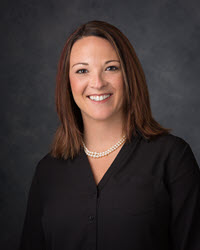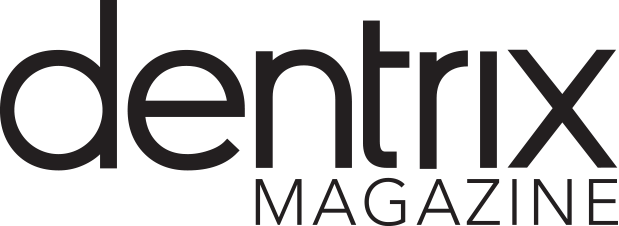If you can determine why patients are missing their appointments, you can work to minimize the effect it has on your practice.
A common concern among dental office managers is how to handle appointment cancellations and no-shows in the office. This is a challenge that is important to address because missed appointments can mean lost production and revenue for your office. Here are some of my suggestions on how to deal with cancellations and no-shows.
Have Policies in Place
Have a clear policy regarding no shows and last-minute cancellations. Include this policy in your new patient paperwork to communicate it to your patients. Some examples of what you could include in your cancellation policy are fees applied to missed appointments and an office policy that patients with three or more missed appointments will be dismissed from the practice.
Use Dentrix Tools
Train your team how to use the tools in Dentrix to properly remove an appointment from the Appointment Book. No show appointments or appointments that are cancelled with less than twenty-four hours’ notice should be considered a broken appointment in Dentrix. Break appointments to move them to the Unscheduled List. Use Wait/Will Call for appointments that are cancelled with adequate notice. When you break an appointment, it is Tracking Broken Appointments in the patient’s Family File and the Office Journal. However, a mistake I’ve seen offices make, is rescheduling a cancelled appointment by simply moving it to another day. Doing this would not count it as a missed appointment in the patient’s Family File or the Office Journal.
Document Missed Appointments on Reports
Post a procedure code for a missed appointment to the patient’s Ledger. You can use the American Dental Association procedure code D9986 (missed appointment) for this. You can choose to charge the patient, or not based on your written office policy. But it can be beneficial to post the code to the patient’s Ledger for several reasons:
- Posting the code gives you the ability to run reports on how many missed appointments you’ve had within a particular date range.
- The missed appointment will be posted on the Day Sheet so the office manager and the doctor can easily see which patients missed appointments that day.
- When sending billing statements, patients will see the missed appointment posted to their Ledger. It lets them know your office is tracking this and it’s an issue you take seriously.
Once you have posted the code to the patient’s Ledger, add a procedure note with the details of what happened. You can easily do this by double-clicking a procedure in the Ledger to open the Edit or Delete Procedure dialog box and entering the note in the Notes field. Having missed appointments listed on the Ledger with the date and notes of what happened, make it an easy place for everyone in your office to look for this information.
If you do post the missed appointment code to the patient’s Ledger, it’s important to note that posted procedures will update the patient’s last visit date. In Dentrix G7, there is an option in the Procedure Code Editor, called Do Not Update Patient Visit Dates, which I recommend enabling for this procedure code. Otherwise reports and your active patient numbers will be affected.
Missed appointments are a concern for office managers and can negatively affect the production and revenue of the practice, so it’s very important to have clear policies and procedures to handle them. Another important question to ask is “Why are patients missing their appointments?” If you can address this question, you will be well on your way to minimizing the number of missed appointments in your practice.
Learn More
For additional information, read the following :

By Charlotte Skaggs
Certified Dentrix Trainer and The Dentrix Office Manager columnist
Charlotte Skaggs is the founder of Vector Dental Consulting LLC, a practice management firm focused on taking offices to the next level. Charlotte co-owned and managed a successful dental practice with her husband for 17 years. She has a unique approach to consulting based on the perspective of a practice owner. Charlotte has been using Dentrix for over 20 years and is a certified Dentrix trainer. Contact Charlotte at [email protected].





